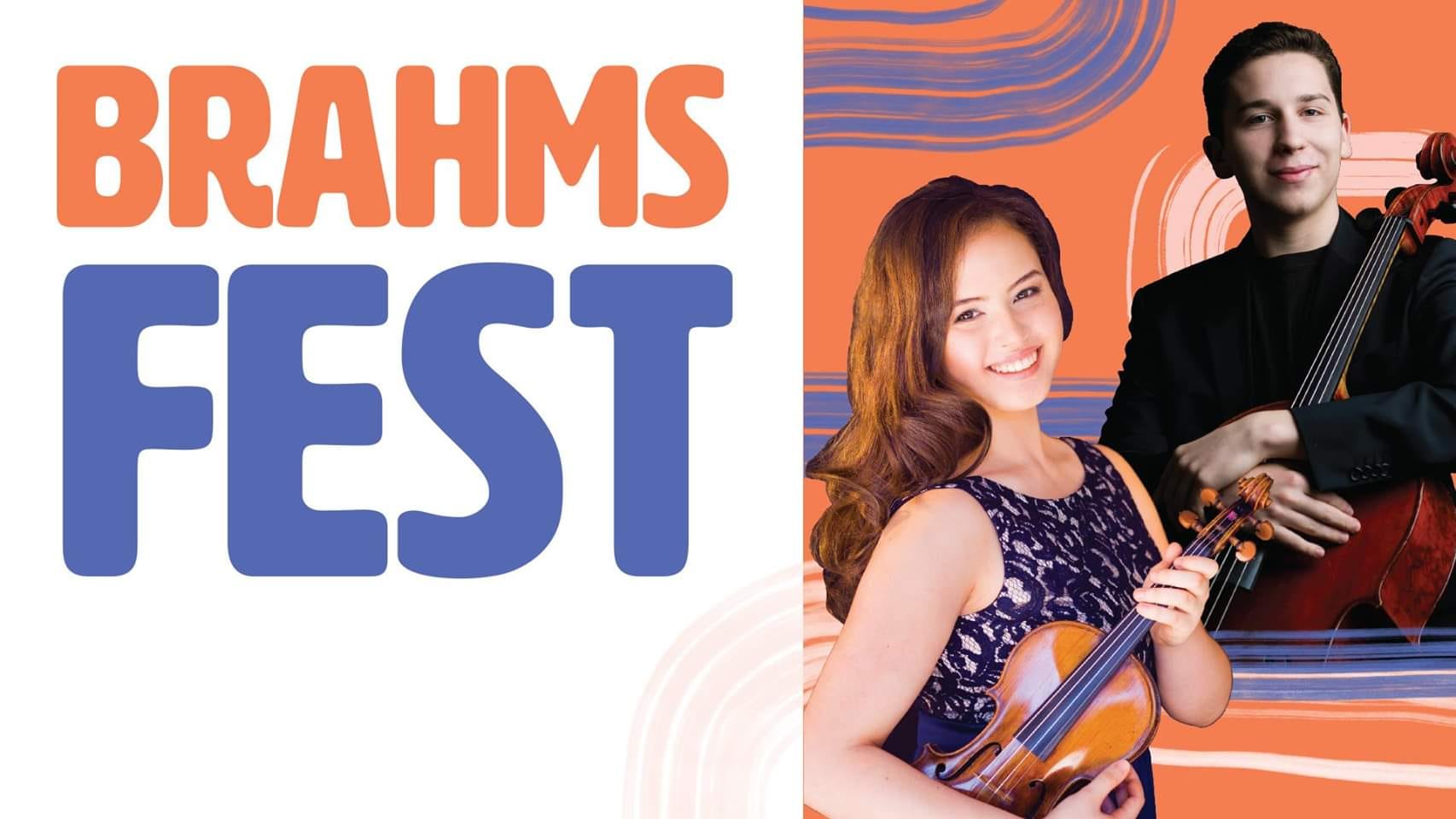
Notes on Brahms Fest
For those of you who are new to classical music, the music of Johannes Brahms is similar to the music of the Beatles — there are few pieces in his entire output that aren’t adored by every musician and appreciated by every audience member. Every time one performs or hears his music, there seems to be something newly gained or appreciated. I suppose that this is a distinguishing characteristic of what great art means to me.
It is also my duty as a music director to fight against what I sense to be the continual ossification of what is performed within the rarefied constraints of what is perceived to be the ‘canon.’ For those of you who already know and love the music of Brahms, the four pieces performed on this concert will be well-known to you. However, I think you’d be surprised to find out that what you’ll hear today is rarely performed elsewhere.
It used to be that a good many of the Brahms Hungarian Dances would be frequently performed as encores, and the Hungarian Dance №5 was the most often performed of them. Today, it is not common to hear the Hungarian Dance №5 and especially №6 in the concert hall at all and I’m happy to offer both as a sort of ‘amuse bouche’ to start the evening.
The vagaries of modern-day programming have relegated Brahms’s Symphony №3, possibly his most tuneful symphony, to the bottom of the list. Why? I can’t find any other reason other than it ends quietly…how silly is that?! I do feel, however, that a quiet ending does suit the ending of a first half better than ending a concert, hence the inverted traditional order of this concert.
One of Brahms’s greatest professional and personal achievements at the end of his life were the composition of his Double Concerto and his reconciliation with the great violinist, Joseph Joachim. Because of this history, I always like to bring a violinist and cellist together who know each other and have played together in the past so to create the same sense of reunion that this piece embodies. Alina Kobialka, Oliver Herbert, and I have a deep connection and history through music and I hope that this musical friendship and mutual admiration shines through in the performances of his least-performed concerto.
